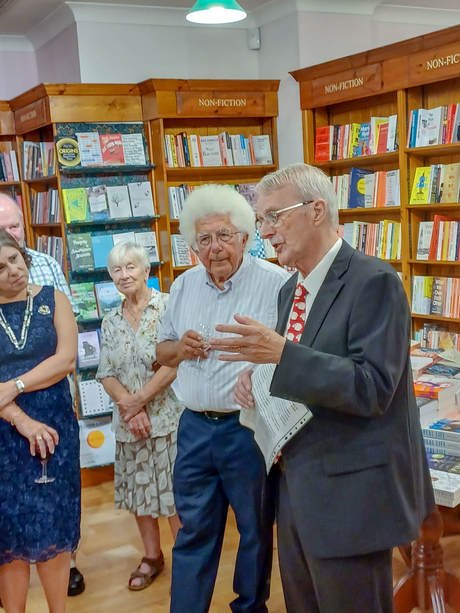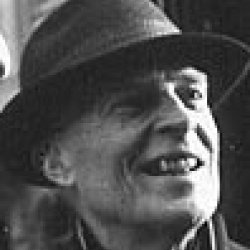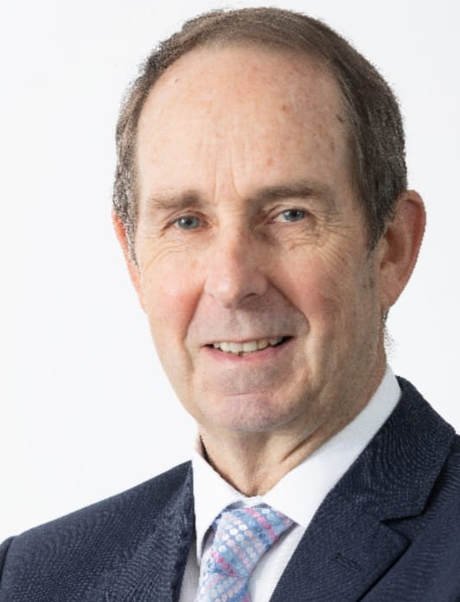by Alec McRitchie
In September 2023, on the centenary of the Palestine Mandate, I was present as Dr Peter Shambrook launched his new book, “Policy of Deceit. Britain and Palestine, 1914-1939”. This work reveals the truth of how the Israel-Palestine conflict was born following the contradictory promises concerning the Middle East that Britain made during the First World War.
Speaking at the launch occasion in London - just one month before the Hamas attack and Israel’s military response in Palestine - Dr Shambrook said he felt that after one hundred years, it was time “for us as a nation to publicly and officially acknowledge in particular the hidden aspect of Britain’s policy. I hope that the book may contribute, in some small way, to discussion in this country about Palestine and Israel which is less toxic, less partial, and more mature, more reflective, more civilised, and certainly more honest and constructive about Britain’s past and present role, and Britain’s past and present responsibilities towards Palestine and towards Israel.”
The book has gathered widespread interest including book reviews by Middle East Eye and by the Church of England’s Church Times.
Dr Shambrook dedicated his book to his late Irish friend, Dr Roddy Evans, who lived in Belfast and died in 2020 at the age of 97. He said: “Roddy was a surgeon, a scholar, he knew a lot about Irish history, and the history of Anglo-Irish relations, and was an active, courageous and discreet peacemaker and changemaker. His contacts and friendships covered a wide range of opinions across the divides, in Belfast and in London, Dublin, and the US. So tonight, Roddy, we honour you.”
I knew Dr Evans personally for many years. What follows is a shortened account of his life. A longer version appeared in the Irish press when he passed away.
Born in Woodtown, County Meath, Roddy Evans was educated at The King’s Hospital and Trinity College Dublin qualifying in medicine before becoming a Fellow of the Royal College of Surgeons of Ireland working in Dublin and London hospitals.
At University, he had encountered Moral Rearmament, now renamed Initiatives of Change (IofC,) which he liked because, “it was practical Christianity based on putting your own life in order first so that you could do some good.”
In 1952 Dr Frank Buchman, founder of MRA, received invitations from Asia’s emerging young leaders to take a group of 250 people there to help with the reconstruction of the continent. Roddy offered to be part of their medical team and was accepted on the basis that he received no salary. After a four-day journey from London in a noisy converted military aircraft during which time he read four tomes on Tropical Medicine, he joined the group in Sri Lanka.
They toured India spending a month in beautiful Kashmir which had experienced the trauma of partition in 1947 dividing it between Pakistan and India and becoming a source of conflict since. The group travelled to the border, picked up their suitcases and walked across into Pakistan, one of the first groups to do so. The Indian sub-continent, where he stayed for ten years, remained on his heart ever after and he often spoke about the tragedy of partition, the template for which was his own country.
Roddy spent 10 years in India. He participated in the early MRA camps at Panchgani near Pune where Rajmohan Gandhi and his colleagues would build the IofC Conference Centre at Asia Plateau. In 2018, on the occasion of the 50th Anniversary of the Conference Centre Roddy sent a video message to the assembled conference.
He returned to live in Belfast in 1970 where the 1920/21 constitutional arrangements were beginning to unravel in the Troubles.
Roddy and three other Trinity College Dublin graduates, Eric Turpin, Bill and Muriel Porter, were full-time IofC workers and members of the Church of Ireland, the Church of the Protestant Ascendancy that ruled Ireland on behalf of England from the late17th century onwards. The Ascendancy introduced draconian laws which led to widespread poverty and set in train events that led eventually and inevitably to the starvation of the Famine years from 1845 onwards and to mass emigration. In 1977 the four published a statement widely covered in the Irish media “apologising for these and many other such deeds, not in a spirit of breast-beating, but in honesty and repentance”.
Roddy with other Protestants, Catholics and friends from England met together in regular Bible studies at the Clonard Redemptorist Monastery in west Belfast. Their statement inspired others to take an honest look at their community and nation’s role in the causes of the conflict. They included Dr George Dallas, a Presbyterian chest physician, Leslie Fox then Treasurer of the Oxford Group, and Joan Tapsfield, a retired English senior civil servant.
Their meetings unexpectedly revealed that the fundamental issue was the unhealed relationship between Britain and Ireland. In this they were supported by the Rev John Austin Baker, Chaplain to the House of Commons, who had given a powerful sermon acknowledging England’s misdeeds in Ireland. Later as Bishop of Salisbury he became the first Anglican Bishop to preach at Clonard and at the Catholic Cathedral in Armagh.
Fr Alec Reid from the Monastery, which was described by a Belfast journalist as “the cradle of the peace process”, led an initiative that resulted in a breakthrough in the peace process and eventually to the Good Friday Agreement of 1998. Roddy often liked to quote Fr Reid who believed that “the only way to change things was through dialogue, leaving room for the Holy Spirit to do its work in human history”.
Roddy Evans Publications on the experiences of those attending the Clonard Bible Study are posted on the Ulster University’s CAIN website which records the history of the last 50 traumatic years of Anglo-Irish relations.
He read three national newspapers daily apart from his final year when with failing eyesight he kept three radios tuned to world, national and local news. His surgical training reappeared as he could provide sharp, precise analyses of international or national events. As one friend said: “Afterwards you knew how to think about a situation properly.”
Nothing brought greater joy to Roddy than, with his friend from the Clonard Bible study group, to bring Lebanese Muslim and Christian former militia enemies to his church to speak together from the pulpit.



